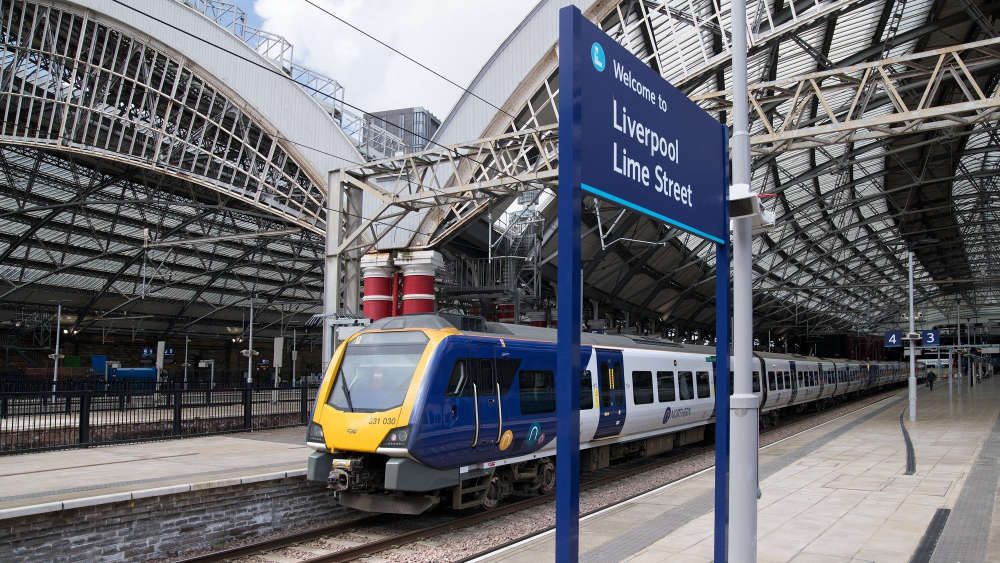
The finance chief of cash-strapped Derbyshire council cannot say if it will be able to quash a £33 million forecast overspend which puts its financial future at risk.
In a passionate Derbyshire County Council meeting today (November 29), called by the opposition Labour group specifically to debate the ongoing budget crisis, new details about the situation were unearthed.
This includes admissions from Mark Kenyon, the council’s director of finance and IT, that he became aware of the current financial hardship in August, during preparation for a September report to the authority’s cabinet.
Mr Kenyon also confirmed that the £13 million reduction in the council’s current forecast overspend, down from £46 million to £33 million from September to now, is the result of actions taken before the report was published.
He said drastic changes including the near-complete hiring freeze (except for essential roles) and the freeze on all but non-essential spending had yet to have an impact.
Mr Kenyon said the hiring freeze is in place for six months from September, at which point it would be reviewed.
He could not detail how many job adverts had been frozen or how much this had saved.
When asked if he felt the council could save the remaining £33 million required to meet a balanced budget by the end of March 2024 (in four months’ time) he said “I honestly couldn’t tell you” and that it was “difficult to give a concrete answer”.
He said the changes made already would have an impact but that the council also needed to make sure it met its legal requirements for set services.
Spending is being focussed on services which support legally-required functions and services which indirectly support legally-required functions, he said.
Avoiding any impact on people supported by adults and children’s social care services was key, he said.
The council has been asked for a list of essential services and statutory services but does not have one to provide.
Mr Kenyon said the council was looking at what money from the authority’s earmarked reserves, set aside for key building projects, could be repurposed to help plug the budget shortfall.
As it stands, the council will already use £33.5 million from its general reserves – reserved for emergency spending – and has been advised by Mr Kenyon that it should not use any more of the remaining £27.7 million, which is deemed to be the “minimum” required to be set aside for a local authority the size of Derbyshire.
Mr Kenyon was asked if the council had a “structural deficit”, with Cllr Spencer interjecting to say: “I have not seen anything on paper that says there is a structural deficit.”
Following the interjection, Mr Kenyon said: “The council has multiple financial pressures. Whether you argue that it is a structural deficit or not doesn’t really matter. The council has to live within its financial means.”
Cllr Lewis called for the Labour Group to reimburse the cost of the extra meeting.
He said: “We are making and taking the tough decisions needed to deal with the issues facing us at the moment.”
Cllr Lewis said other councils similar to the county council are also facing the same problems, but did say Derbyshire was “no Birmingham”, with its issues relating to demand for social care services, inflation and the local Government pay award.
He said Derbyshire’s Labour group had “failed” as an opposition group and that he would not “spoon-feed” them.
Both Cllr Lewis and Cllr Spencer decried the apparent lack of alternatives or solutions put forward by the opposition councillors, with a critique on purported political questions and grandstanding.
Cllr Joan Dixon, Labour Group leader, said Cllr Lewis is the one who has failed in his responsibilities to lobby central Government over cuts to local councils and “failed” to lobby his own Conservative Party over the issue.
Cllr Lewis said the authority needs to make savings so that it does not need to rely on central Government and to ensure it can do that for the next two to three years
He said the prospect of more funding later this year is “great” but won’t “get us out of this hole”.
The meeting also saw a copy of an email sent by the council’s Conservative leadership to his colleagues unwittingly handed over to the Labour Group.
In that email, seen by the Local Democracy Reporting Service, council leader Cllr Barry Lewis outlined that he would have to “tolerate” questions from the opposition and that he felt two to three would be “sufficient”.
Cllr Lewis said he had been clear of his “contempt” for the “extraordinary” meeting called by the Labour Group and stood by his email comments.
Cllr Spencer said he too was “frustrated” that the budget debate meeting had been called and gone ahead and had called for the “farce” to be “wound up”.
He said the impact of drastic changes (hiring freeze and non-essential spending freeze) “is yet to be seen” and will “take time to filter through the system”.
A motion backed by Labour and the Liberal Democrats aimed to bring updates on the authority’s financial crisis to every full council and finance scrutiny meeting until no longer necessary, but this was defeated by 34 votes against to 21 in favour and one abstention.


 Extra trains running for racegoers to the Grand National
Extra trains running for racegoers to the Grand National
 Bag a Vivienne Westwood
Bag a Vivienne Westwood
 Glossop mum gears up for Boston
Glossop mum gears up for Boston
 Cup delight for Glossop
Cup delight for Glossop

